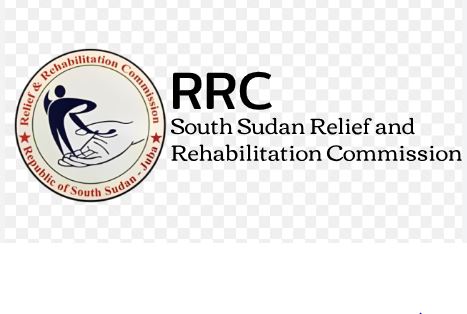The South Sudan Relief and Rehabilitation Commission (SSRRC) in Western Equatoria State and NGOs and Civil Society Organizations have disagreed over the former’s introduction of a new certificate to operate in the state which costs USD 100 per year.
In the document seen by Radio Tamazuj, the acting chairperson of SSRRC in Western Equatoria State, Thomas Aringa Paul, stated that the new document is called ‘Operations Certificate.’ He admitted to Radio Tamazuj that he indeed introduced the operation certification to monitor the operations of all the NGOs in the state and that it does not mean it is the money that they want. He however said they will meet NGOs and reach an agreement on the matter.
According to Aringa, there are some issues or laws that can be introduced by a state and the operation certificate will be presented to the state parliament for passing.
“I was the one who introduced this system, but they did not get it clear. It is not a double thing for a license and certificate because this one is an operation certificate. Based on that, when I was in Juba, I told them I did it and the reason was that the national government has its laws and the state also has its laws,” he explained. “This is legal because it is to recognize that they (NGOs) are operating in the state. When they are operating in the state, that means the state government is protecting them and what we need is for them to pay something small and not a lot of money.”
When contacted by this publication, a member of the civil society who spoke on condition of anonymity said, the new charge is unlawful, contravenes the constitution, and that they will not allow it.
“As per the NGO Act, there is only one certificate and once you get it, you can work anywhere in the country. There is nothing which is called operations certificate in the law,” he charged. “We have only one certificate and do not know about that operations certificate and do not accept it. You know, these are new people coming and everything is difficult.”
For his part, the Executive Director of the Center for Peace and Advocacy (CPA), Ter Manyang Gatwech, said the SSRRC in Western Equatoria should work in uniformity with their colleagues in Juba and other states and seek clarification from their main office in Juba.
“The SSRRC are supposed to have unified documents, so, I think those in the headquarters in Juba are supposed to tell those guys in the state to have unified documents. You cannot single out one state and the SSRRC should have one document across the country and all the organizations working in ten states and three administrative areas should have that document per year, he stated. “I want to ask my colleagues in Western Equatoria to seek guidance from the chairperson of the SSRRC in the headquarters in Juba before paying anything. The SSRRC should know that those humanitarian organizations are free to work anywhere in the country and they can shift their location of operations.”
The USD 100 per year applies to national and international non-governmental organizations operating within the state.




